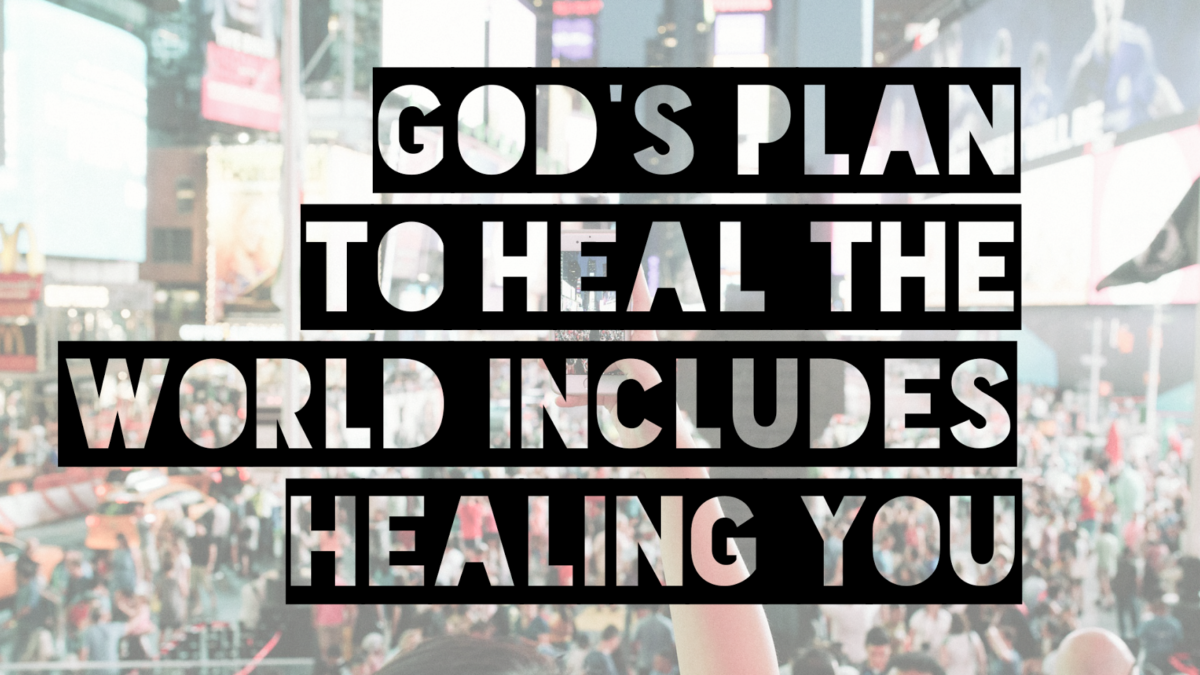We are not the first Christians to recognize both the significance and the challenges for our stewardship of the planet. Hungarian Christians have acknowledged this in their celebration of Vizkereszt, which means “water cross.” They believe Christ’s baptism foreshadows his crucifixion (a connection the apostle Paul explores in Romans 6.3-5 and Colossians 2.12) and participate in a crucessional (a parade with a giant cross at the head, carried by the bishops and fathers of the church) through the city streets to the banks of a river. The giant cross is then blessed by the bishop and heaved into the sub-zero water. Many burly (presumably sober) men then strip down to their underwear and wrestle for the lumber. The man who returns the Water Cross to the bishop receives a blessing for his family for that year, and hopes no one is around with a digital camera.
Why bother? In part, this tradition harkens back to an even older set of beliefs. Consider that in the ancient Near Eastern world—comprised of Israel, Assyria, Babylon, Mesopotamia, etc. —the commonly held assumption was that our planet existed in a kind of water womb. We were encircled by water, and we were brought up out of the water onto dry land, as if God (or the gods) had built a palace on a falling tear drop. Our spiritual ancestors often thought of this water as anything but pleasant and gentle. The water was churned up, chaotic, a perpetual threat to human existence.
What God does for Creation, he does for us also.
God brings order out of chaos, patrols the seas with angelic horses, and presides over Creation. He calms the churning tempests of our lusts and ambitions, and when the tumultuous storms of our past memories and associations threaten to scuttle and down us, God is there to bring us safely home. God’s plan to heal the world is very much a plan to heal every aspect of the world and his rescue mission begins with the sacrificial death and resurrection of Jesus Christ.
Adapted from Then. Now. Next.: A Biblical vision of the church, the kingdom, and the future.
fossores
Related posts
Categories
Category Cloud
Tag Cloud
Recent Posts
- Victors and Victims November 6, 2018
- 3 Hacks for Happiness October 29, 2018
- Hope Against Death September 20, 2018
- The Shape Of The Cross September 19, 2018


